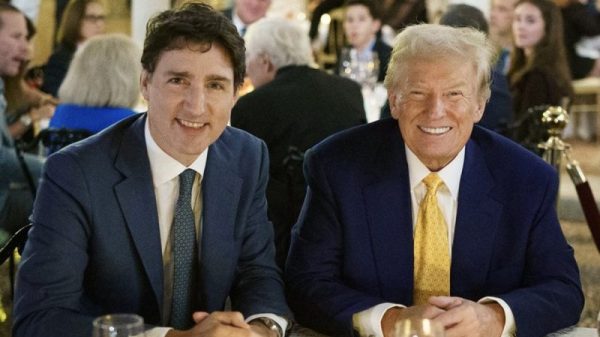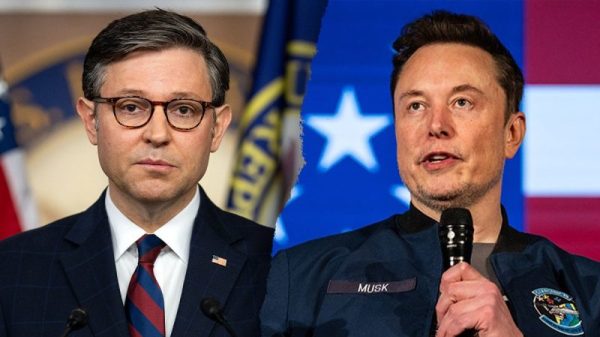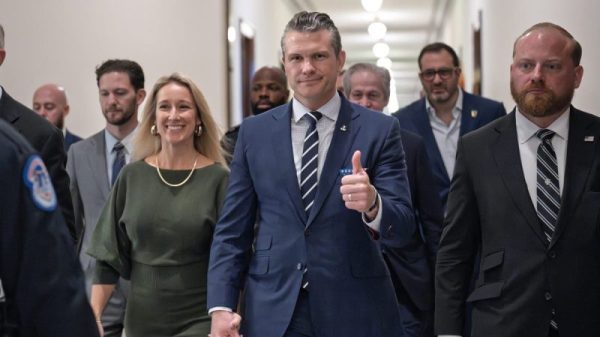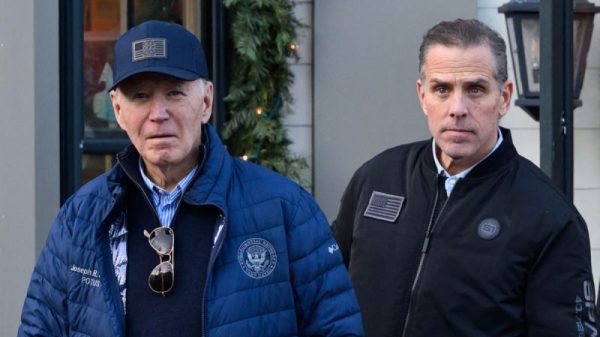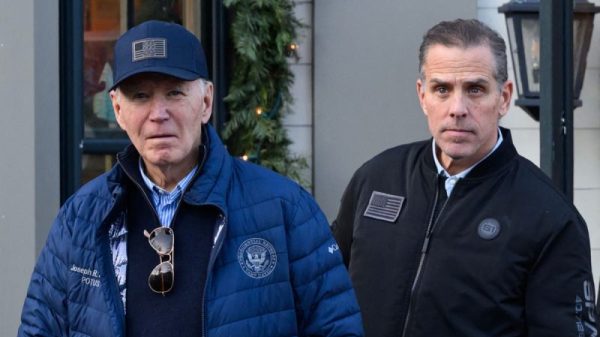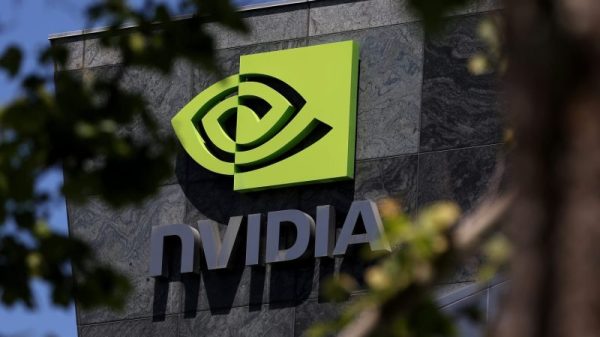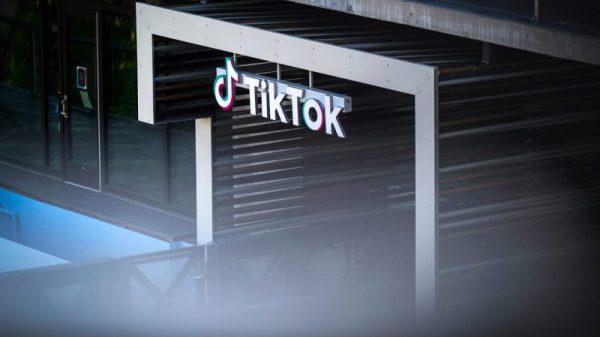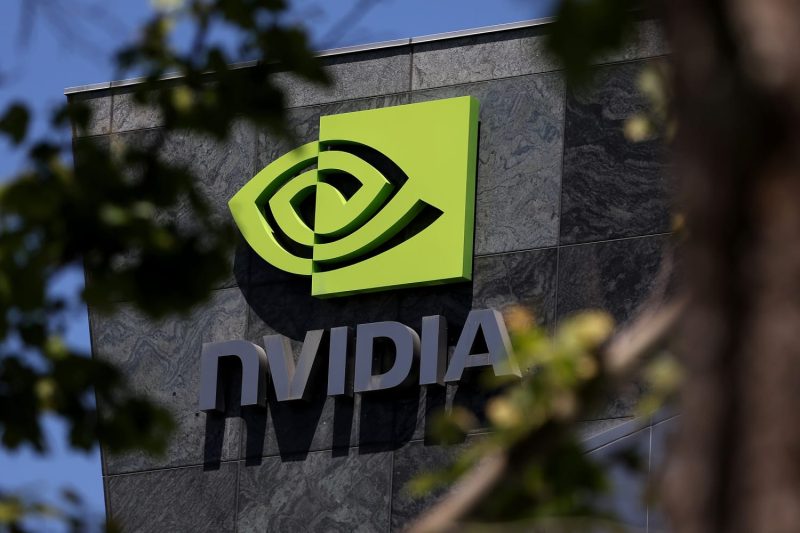China on Monday accused U.S. chipmaker Nvidia of violating its anti-monopoly law, a move likely to escalate already tense trade relations between the two countries as President-elect Donald Trump prepares to take office for a second time.
China’s state market regulatory arm said the probe is related to Nvidia’s 2019 acquisition of Mellanox, a global supplier of computer networking equipment.
China had conditionally approved that acquisition in 2020.
In a statement, Nvidia said it was ‘happy to answer any questions regulators have’ about its business.
“Nvidia wins on merit, as reflected in our benchmark results and value to customers, and customers can choose whatever solution is best for them,” the company said. “We work hard to provide the best products we can in every region and honor our commitments everywhere we do business.”
The company’s shares were down roughly 3% after markets opened Monday.
Last week, the outgoing Biden administration announced a fresh set of export controls on U.S.-made semiconductors designed to limit China’s ability to use them to develop weapons and advanced artificial intelligence systems.
China immediately responded by accusing the U.S. of bullying and hypocrisy while issuing embargoes on critical materials to the U.S.
“The U.S. preaches one thing while practicing another, excessively broadening the concept of national security, abusing export control measures, and engaging in unilateral bullying actions. China firmly opposes such actions,” the Chinese Commerce Ministry said in a statement last week.
The U.S. and France have also opened investigations related to Nvidia’s market dominance, though on different grounds.
In the past year, the Santa Clara-based company, whose chips have become the processor of choice for tech firms leading the AI revolution, has powered the entire U.S. stock market higher. In 2024, Nvidia’s share price has nearly tripled, making it one of the most valuable firms in the world.
Trump has promised to levy stiff tariffs on China when he takes office. He recently picked former Sen. David Perdue of Georgia, whom a Chinese think tank has accused of being ‘anti-China,’ for U.S. ambassador to China. He also tapped economist Peter Navarro, who favors tariffs, as trade and manufacturing adviser.

